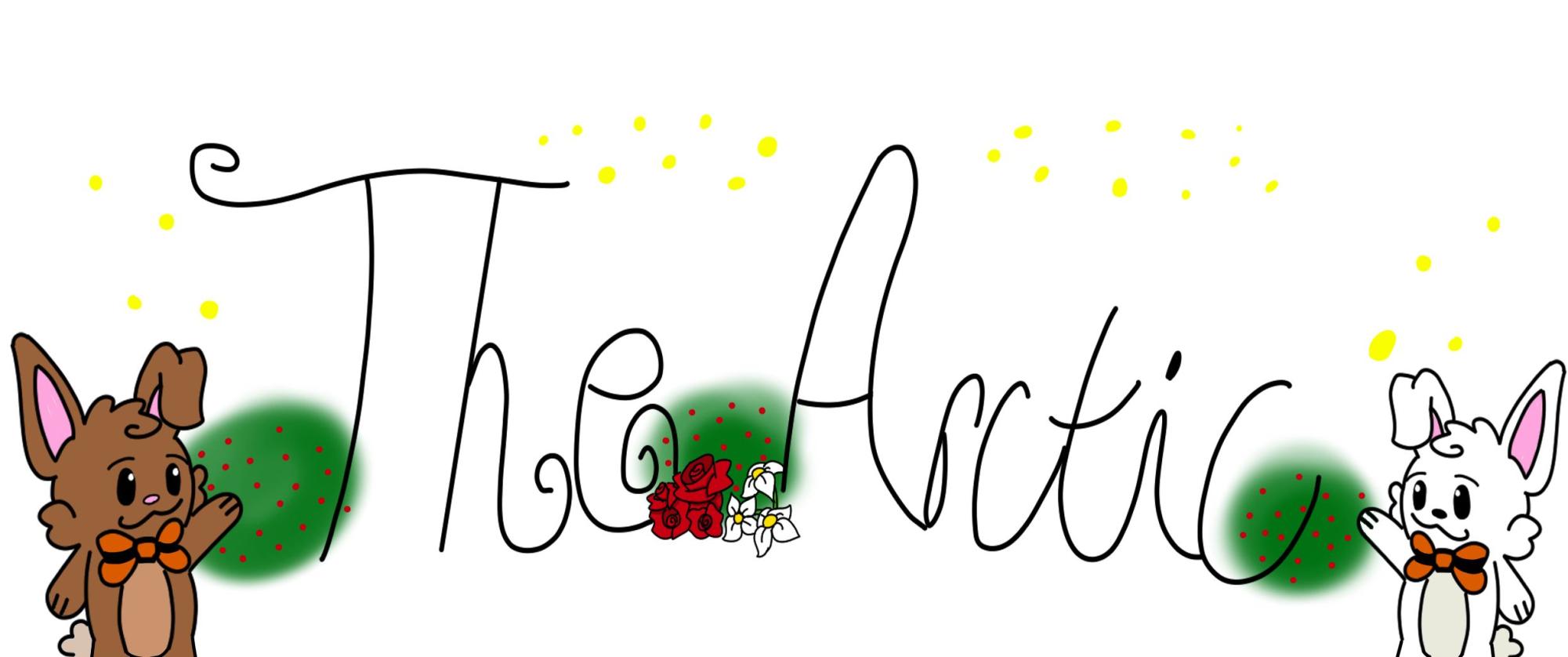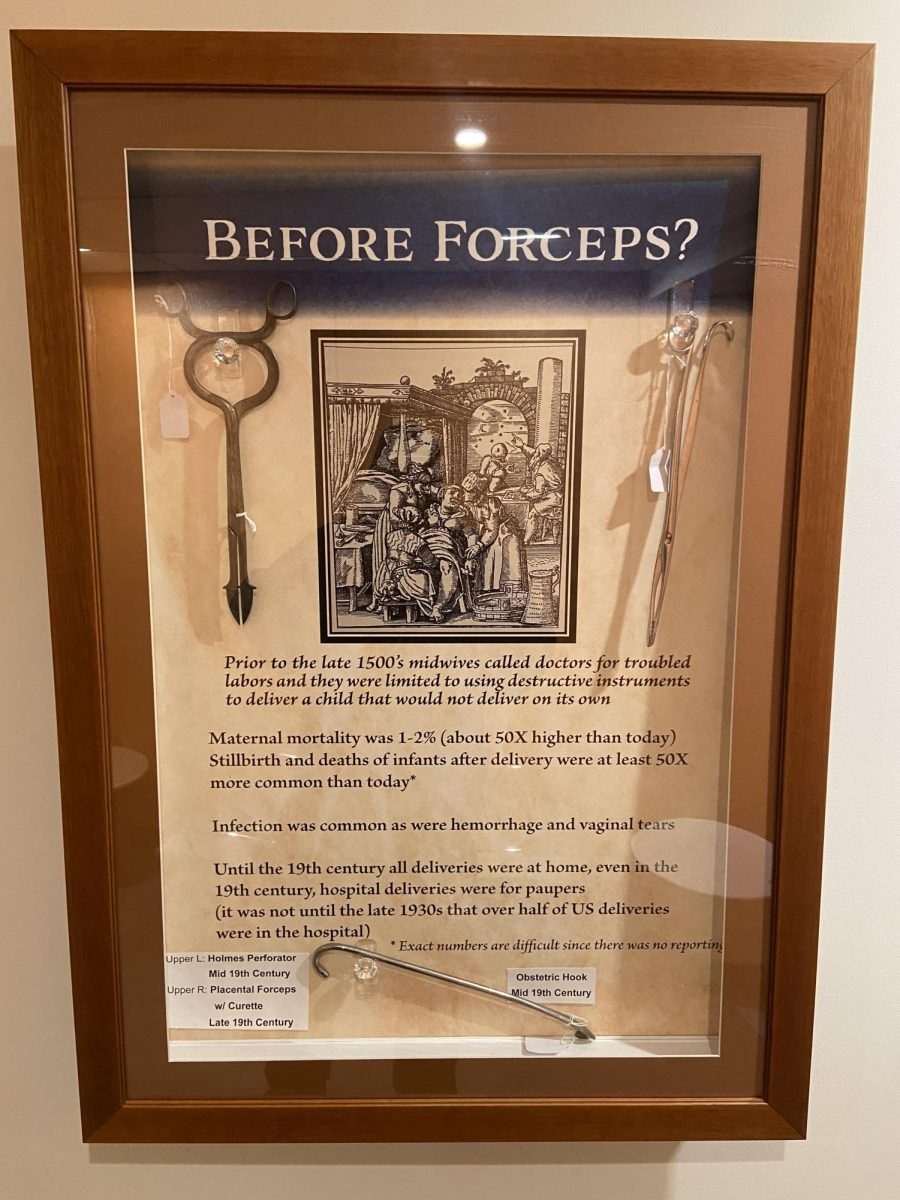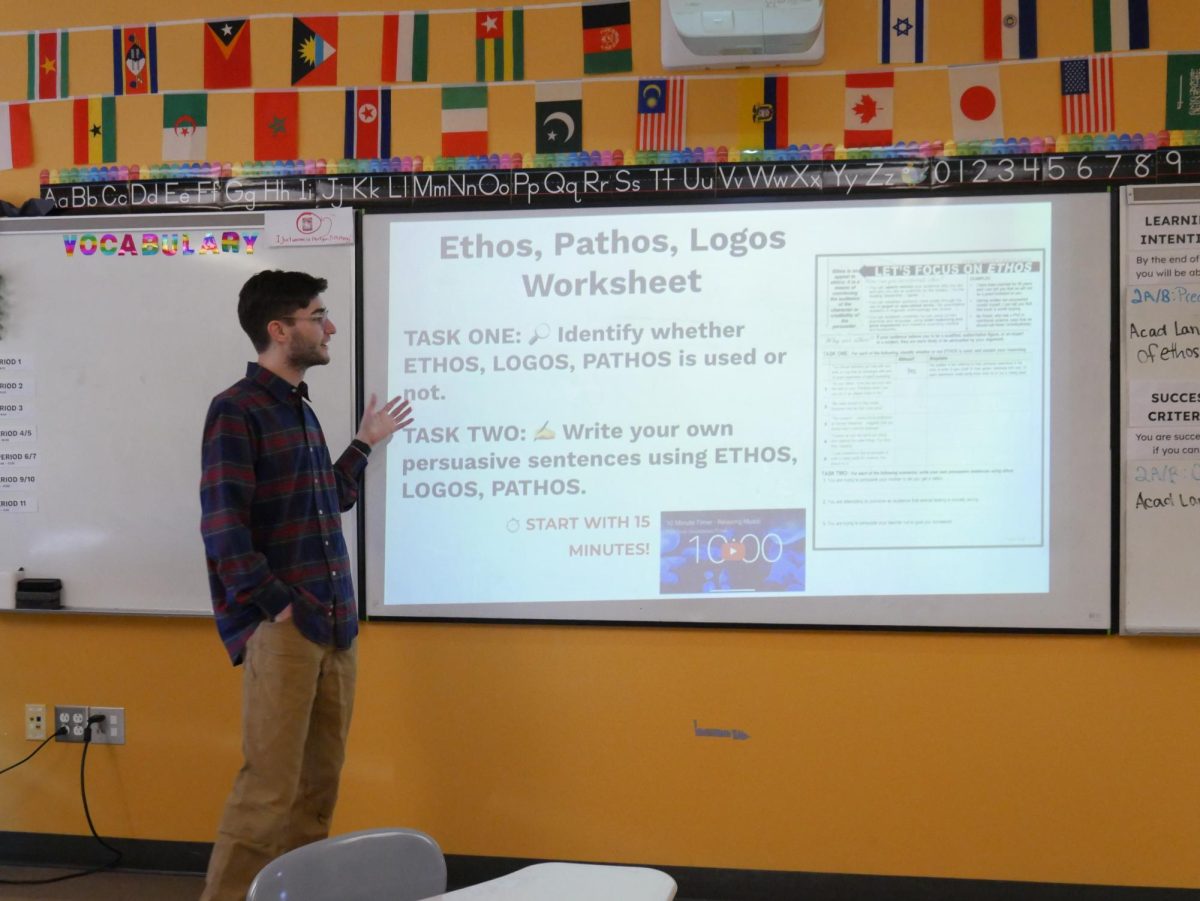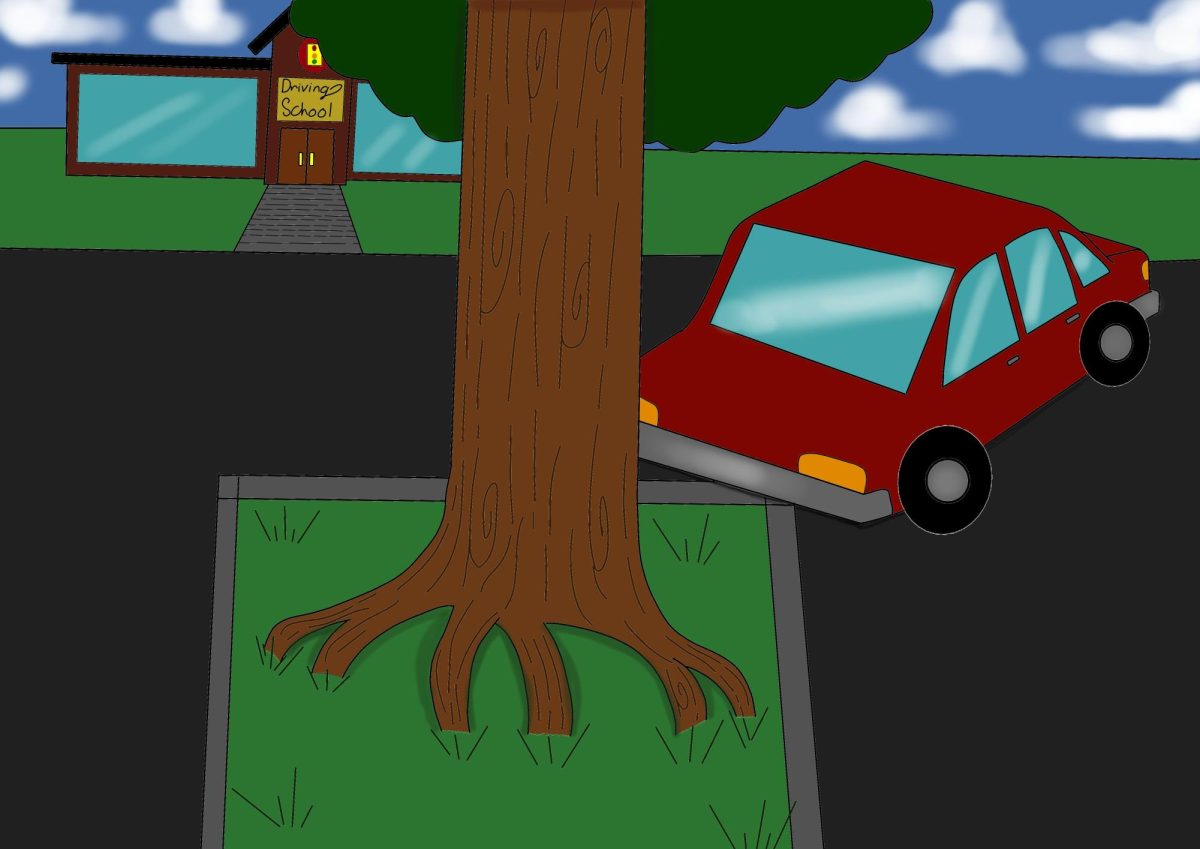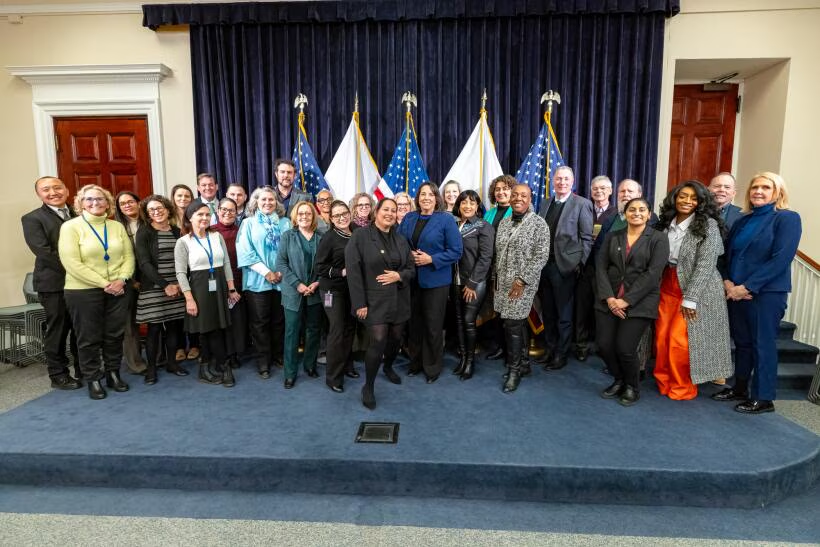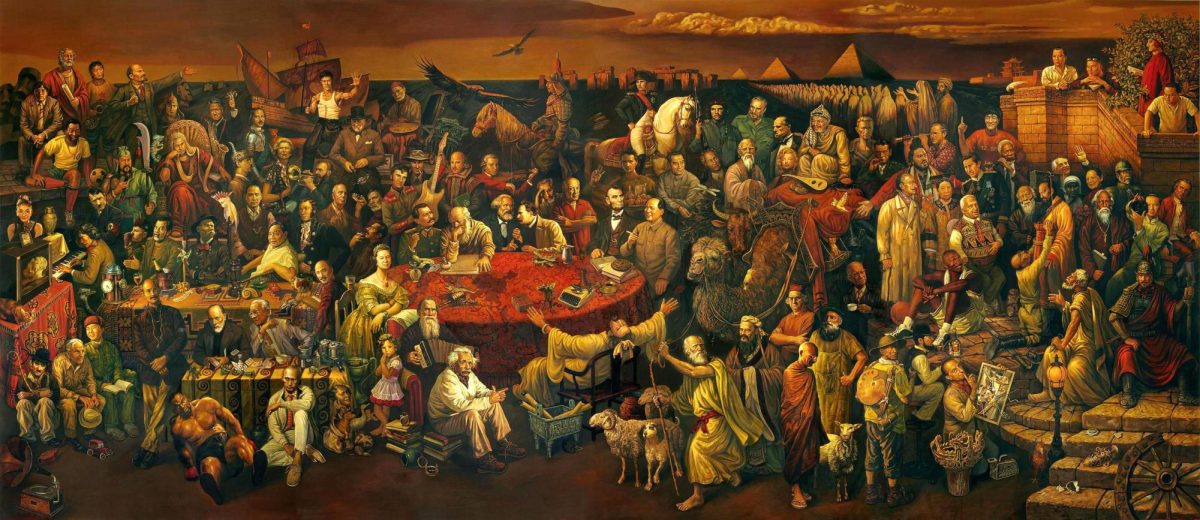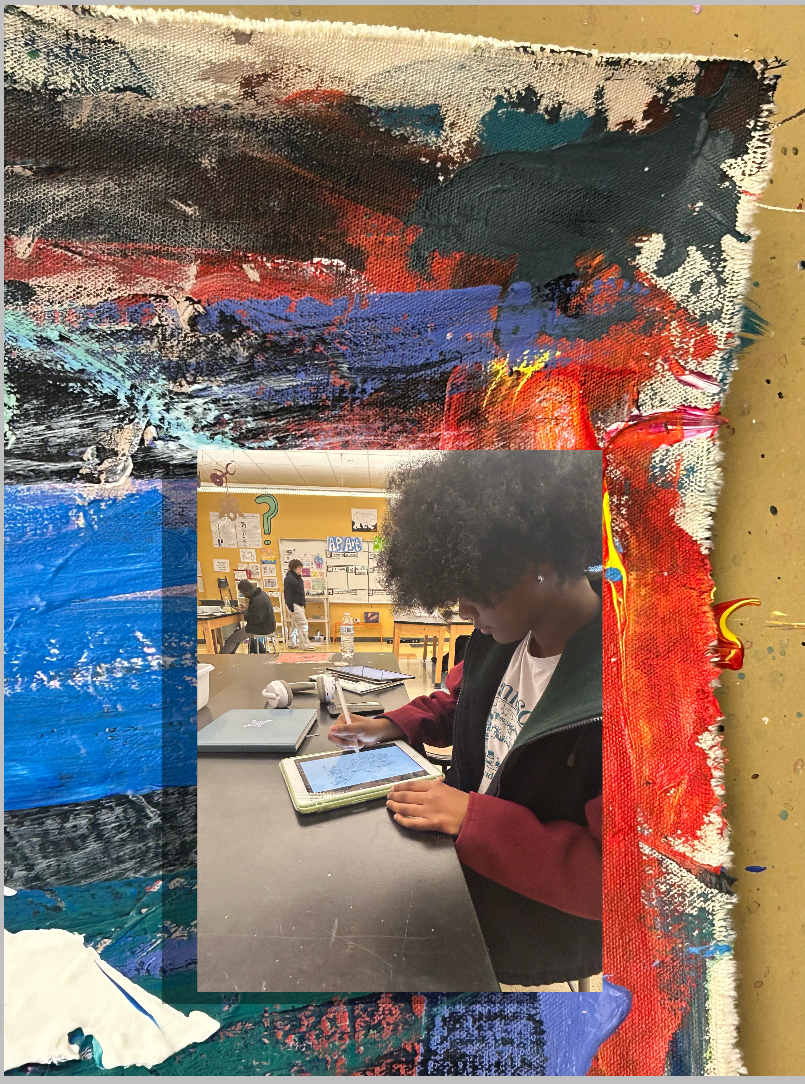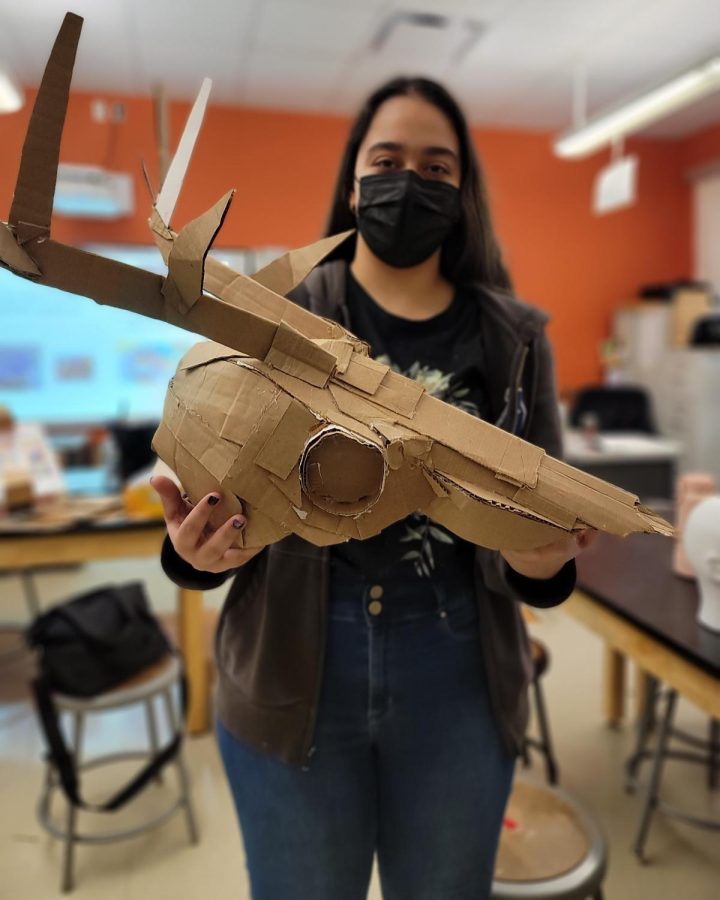Artificial Intelligence (AI) is popping up more often in our classrooms, and teachers are noticing the good and the bad. At North High School, ESL teacher Ms. Lena has been pretty open about how AI is changing the way we learn. Her take? AI can definitely be a useful tool, but only if students learn to use it the right way.
Ms. Lena believes that AI has a lot of potential to help students, especially those learning English. “AI can help create materials based on a student’s level,” she said. For instance, it can simplify texts or explain grammar rules and sentence structure. It can even clarify the meaning of certain English words, which is super helpful for those of us who are still figuring out the language.
She also thinks that we should learn how to use AI just like we learn writing or researching skills. “At the student level, I think using AI needs to be taught as a skill,” Ms. Lena mentioned. This shows that it’s not just about using tech, it’s about really understanding it and knowing why we’re using it.
Even with all the benefits, Ms. Lena cautions us about the downsides. “The problem is students often copy the question, then paste the answer without reflecting,” she pointed out. This means some people are treating AI like a shortcut rather than a way to enhance real learning. Ms. Lena explained that if a student can’t explain their own answer, it’s usually a sign that they didn’t write it themselves.
Ms. Perron, who teaches English and Legal Aspects, has similar concerns. She uses an AI checker and said, “Many students just trust and assume that AI is giving them the best answer, and usually, that’s not the case.”
So, does AI help or hurt our learning? Ms. Lena thinks it really depends. “If used appropriately, it can really help students learn and grow. But if students are just looking for answers to pass the class, it won’t help.”
Ms. Torra, who also teaches ESL, is on the same page. She thinks AI can really get students more involved and give quick feedback, especially when teachers have a lot on their plates. But just like Ms. Lena, she keeps an eye out for cheating and can usually tell when students are using AI without really grasping what they’re doing.
Then there’s Ms. Perron, who’s pretty straightforward about it: “I think it hurts more than it helps,” she said. She’s especially concerned about students relying on AI instead of putting in their own effort.
AI in schools isn’t going anywhere. But as Ms. Lena and other teachers at NHS have pointed out, it’s not about banning it, it’s about teaching us how to use it wisely. Just like we rely on calculators or spell check, AI can be useful, but we still need to do the thinking behind our answers.
As more schools jump into the AI conversation, voices like Ms. Lena’s remind us that tech can support our learning, but it can never replace hard work and true understanding.
